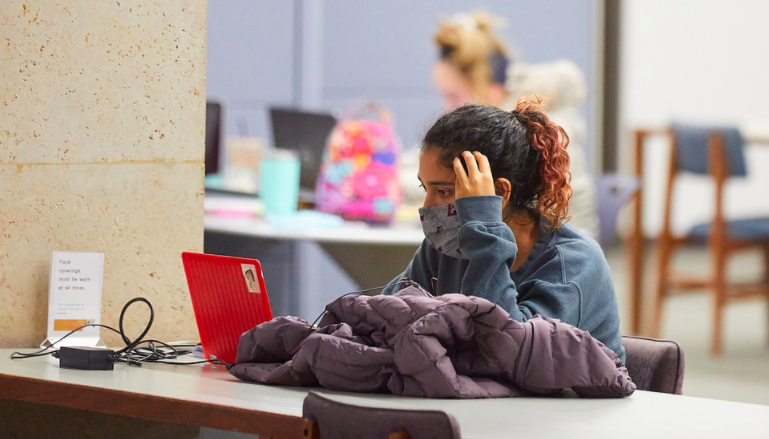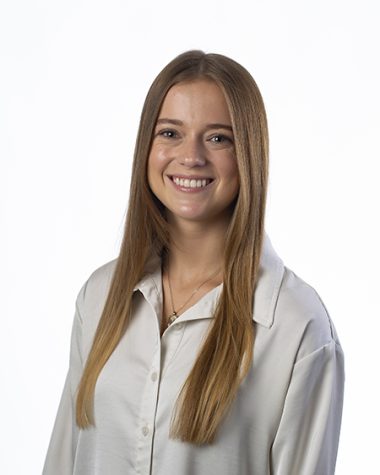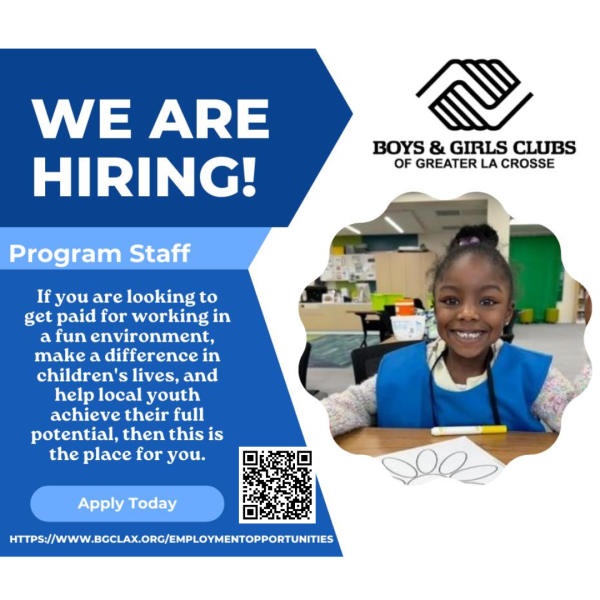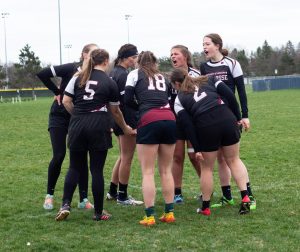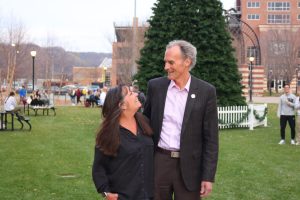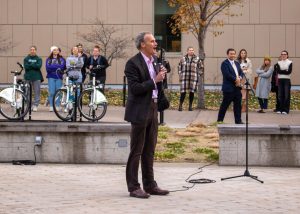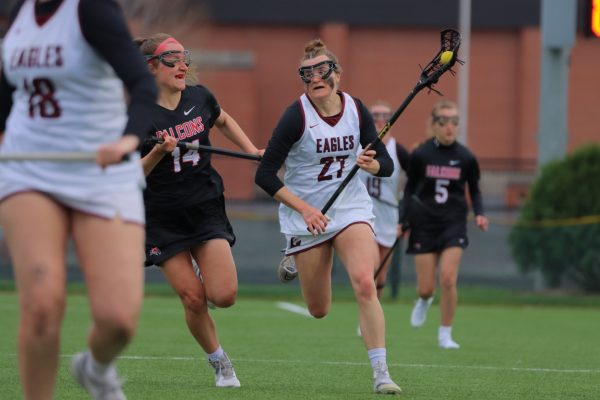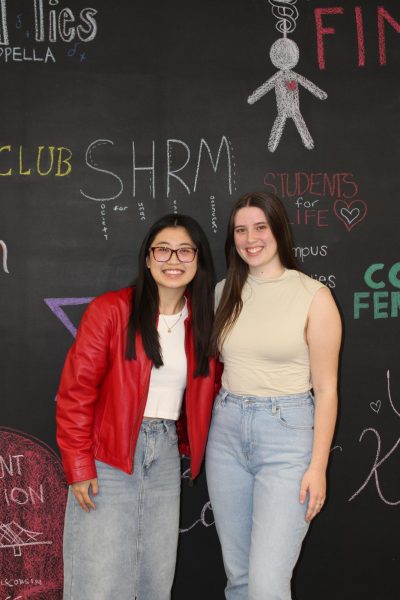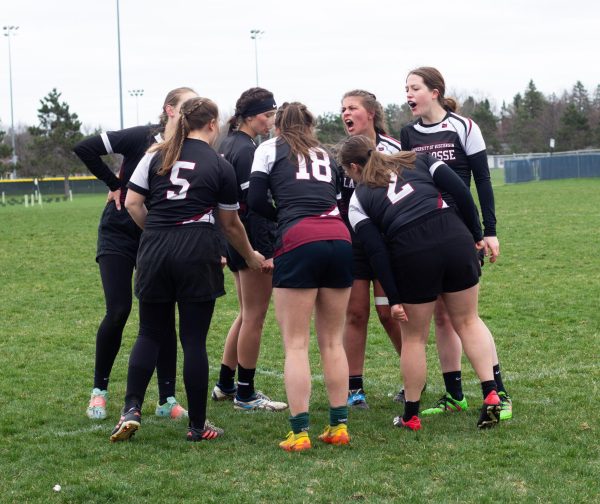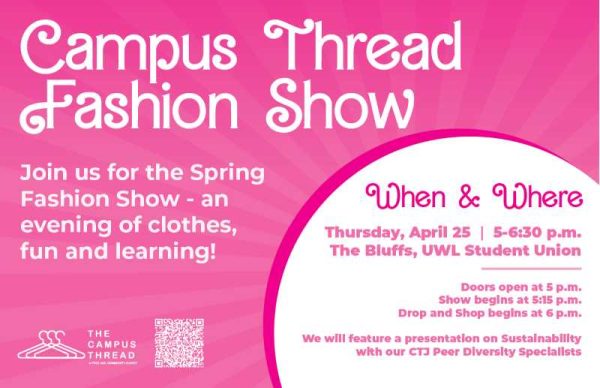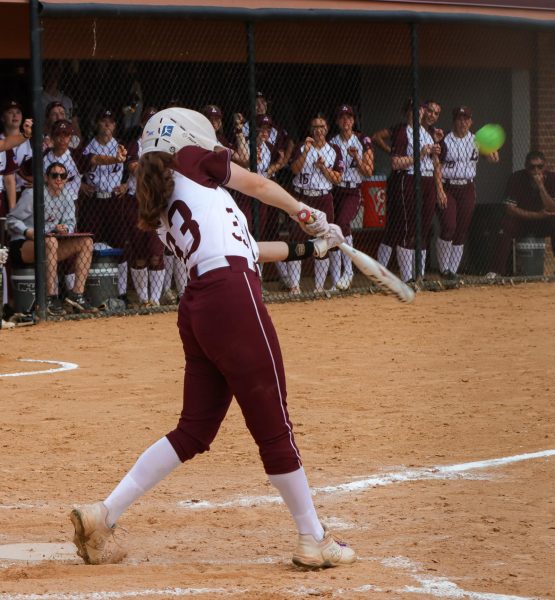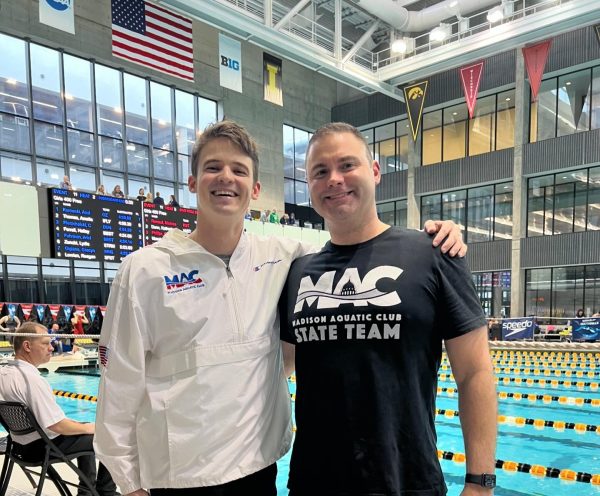UWL students and professors share their perspective on finals week during COVID-19
December 23, 2020
Following Thanksgiving break, all classes at the University of Wisconsin-La Crosse had been moved online. Finals week, the 17-22, was originally supposed to be held in a hybrid format, however concerns over COVID-19 upon returning from Thanksgiving break prompted the administration to move finals entirely online.
This implemented challenges between both students and professors on how to navigate virtual finals.
UWL senior Matthew Boettcher is majoring in English writing and rhetoric with a minor in literature and culture studies. All of his classes were online and either asynchronous or synchronous. Boettcher said he prefers in-person classes over online classes.
COVID-19 and the switch to online classes have presented various challenges for students. “Holding myself accountable for the work was definitely hard. When I don’t have to leave my apartment to go to class, I am much less likely to do my work,” said Boettcher. “I think the professors were much more prepared this semester knowing that they were going to have online classes.”
Despite the challenges that come with online classes, there are some benefits students have been seeing with classes being moved online. “I have more time, so it is more convenient to log onto my computer and do classes that way,” said Boettcher. “I have had to stay more organized too and it has tested me in the sense that it is a completely new environment that I now know that I am capable of learning from.”
Boettcher graduated this fall, but he recommends to students that have to continue along this route to stay on top of their work to save themselves from future stress. “The pandemic had a lot to do with my study habits,” said Boettcher.
The pandemic has made students think about the future impacts the effects of online classes will have. “If anything, I think the pandemic experience helped to teach me how to work on my toes and be able to adapt to situations you’re presented with, however, I only had two semesters of it and I’m done,” said Boettcher.
As far as finals go, Boettcher said his major consisted mostly of papers and discussions, so not much was different. However, he said the main thing that was impacted was his study habits. To students that are continuing with online classes, Boettcher wants to advise students that “if your classes are discussion-based, still participate and be engaged, you’ll get more out of it that way.”
English associate professor Dr. Lindsay Steiner taught two sections of digital content writing, strategy, and experience design and one section of introduction to professional and technical writing. “My classes this semester were online asynchronous. Prior to this semester, I had taught classes in all formats. However, my format preference is dependent on a variety of factors, but I do find that hybrid allows for a good balance of in-person and online learning and engagement,” said Steiner.
When classes were moved suddenly online last spring, Steiner said the biggest challenge was redesigning, in a two-week period, her in-person courses for online learning. “After courses started again, the challenge was in providing a meaningful and engaging learning experience with the flexibility to support students during a pandemic,” said Steiner.
Steiner said there were benefits she noticed with classes being moved online. “Many career paths require employees to have skills in virtual teamwork and remote work, and online classes can help prepare students for those kinds of situations,” said Steiner. “As for myself, I’ve found ways to improve my teaching in all my classes based on this experience.”
“My classes are primarily project-based, so finals were similar to semesters past,” said Steiner. She had her students complete a pre-semester survey so she could learn more about their needs and the challenges they anticipated facing during the fall semester. “I also met virtually with each student individually in the first few weeks of the semester,” said Steiner “I used feedback from a mid-term survey to help me identify student challenges and adjust the course as needed.”
Allison Stanger is a newly graduated senior who majored in sociology and communications with an emphasis in public communication and advocacy. Most of Stanger’s classes were online, however, she did say she prefers in-person classes.
“I think what was mostly hard to do was the amount of work that was pushed onto us when professors were unprepared given the abrupt change in schedules,” said Stanger. However, some benefits that came from classes moved online according to Stanger was the flexibility and convenience that came along with online classes. Stanger recommends prioritizing planning and creating a daily schedule to follow.
“I liked that finals were taken through canvas, rather than in-person exams because I like the open book concept,” said Stanger. She is in higher-level classes so not much was different.
Stanger said that she appreciated the adaptation that society is going through to accommodate changing technology, but is worried that it will pose psychological threats for herself and others. She says she worries about maintaining confidence in her own raw skill when academics have been transferred to a less retention based format. “COVID-19 has taught us that people don’t really need to be in an office to do specific jobs, it is possible to work from home with the right tools and skillset,” said Stanger. “The thing that is going to impact me personally is imposter syndrome.”
Advice Stanger wants to let everyone know is “if students are struggling, don’t be afraid to reach out to professors and ask for help.”

